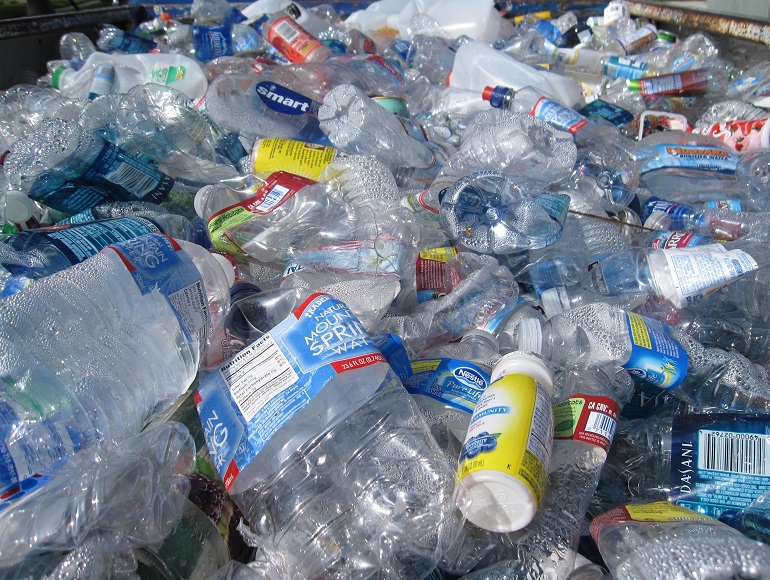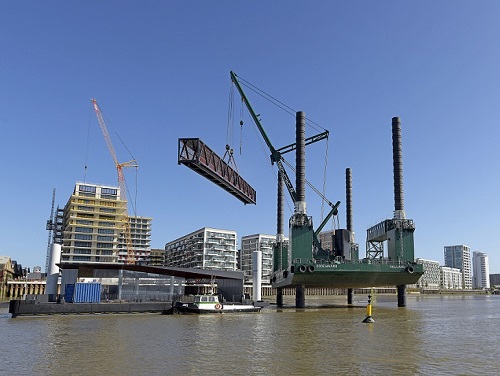Breaking the plastics habit on site
Ballymore is limiting single-use plastic on its construction sites with an action plan that is saving 8,000 plastic cups a year alone. It rolled out measures to discourage staff and partners from using plastic cups and bottles last year and is now following that up with trials of a recycling initiative.
The construction industry is the second largest consumer of plastics in the UK, relying on the material for everything from pipes to protective coverings, as well as the packaging that safeguards many products on their way to site. The industry is estimated to produce three times more packaging waste than all UK households combined.
Plastics for packaging and many other items are used only briefly before being discarded, often ultimately ending up in landfill sites or in the world’s oceans. The United Nations Environment Programme says that only 9% of the 9 billion tonnes of plastic the world has ever produced has been recycled.
That clearly has to change, and Ballymore is among those working to drive the change through its action plan, which provides alternatives to help everyone make the switch to more sustainable behaviours. Its measures have included banning single-use plastic cups across its construction sites, and replacing them with more sustainable options. The sale of single-use plastic bottles has also been banned in site canteens; instead, reusable non-plastic bottles are provided to Ballymore staff and additional water dispensers have been installed so there is no need to buy water in plastic bottles. To ensure good practice is extended along the supply chain, trade contractors now have to provide their own teams with reusable bottles too.
This year, the focus is shifting to the plastic sheeting temporarily used to protect new floors, walls and other surfaces from damage during construction. Ballymore is working with manufacturer Proplex in a trial that could see its protective sheets separated from other site waste and collected by the supplier for recycling. If the plastic sheeting across all Ballymore sites were recycled in this way, it could divert at least 4.5 tonnes of polypropylene waste a year from disposal.
Alongside this, Ballymore is considering or implementing many other measures to limit waste and aid the environment, from banning plastic covers for internal reports to ruling out plastic bags, food boxes and cutlery in site canteens. A learning programme is also helping to get the sustainability message out to staff and partners.
“We are working to create a positive culture towards waste reduction and environmental management,” said Mark Gordon, group health and safety director with Ballymore. “There are many ways in which we can play our part through our everyday actions and every one of us can make a difference.”




